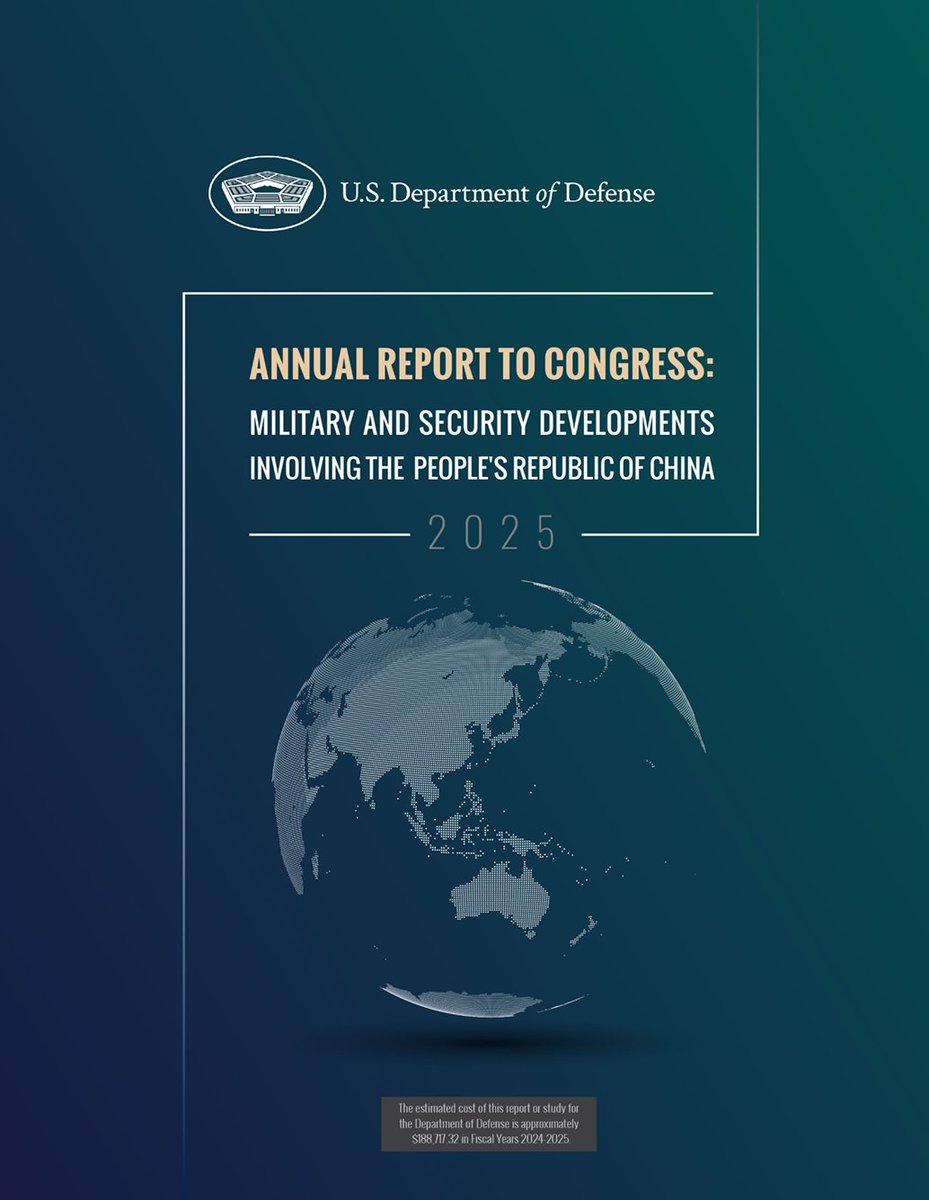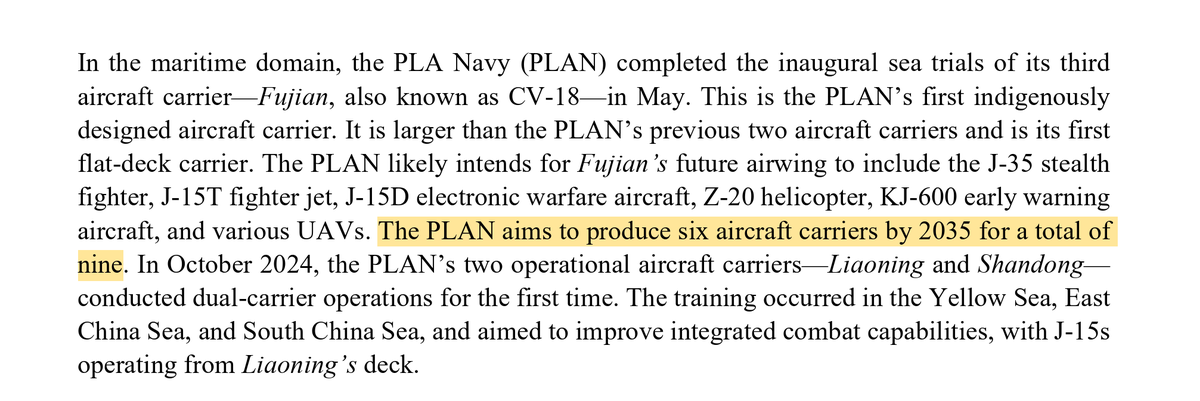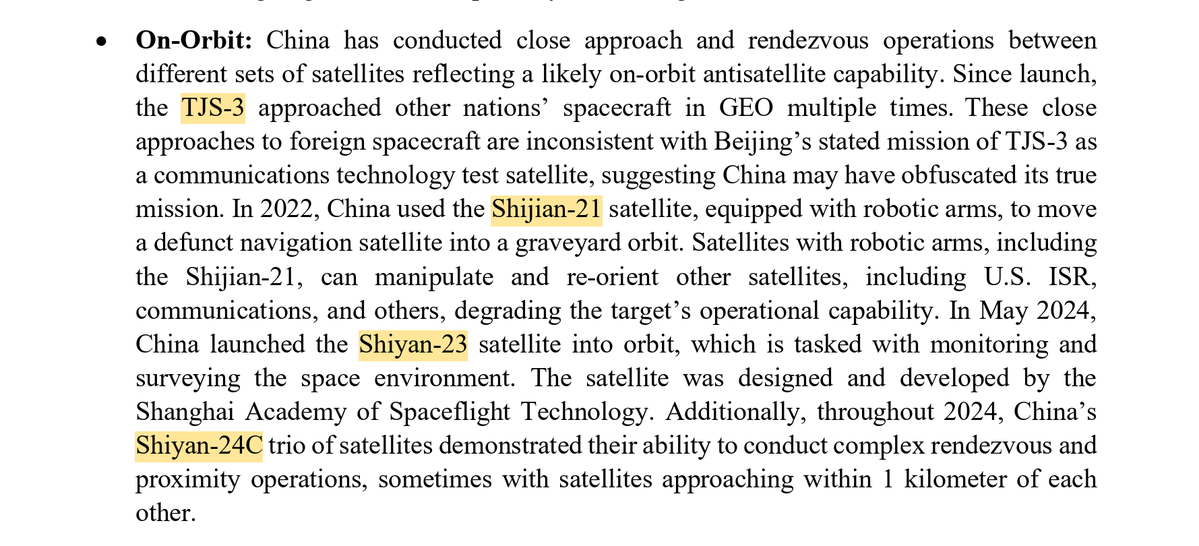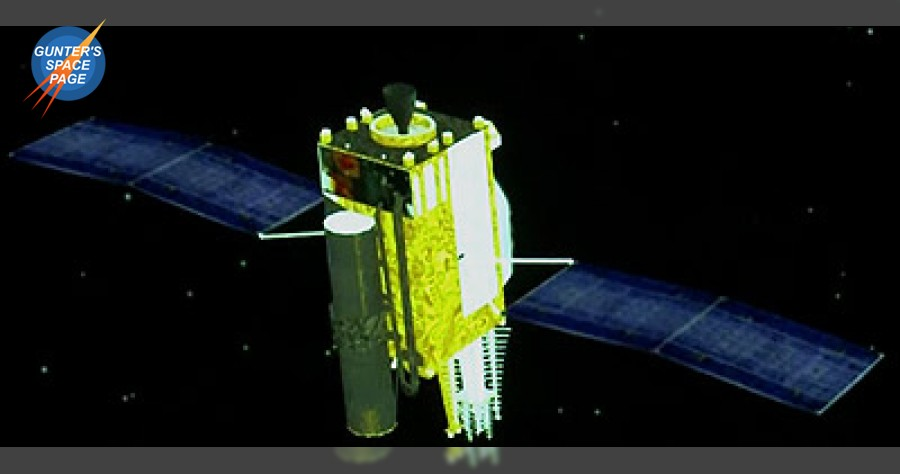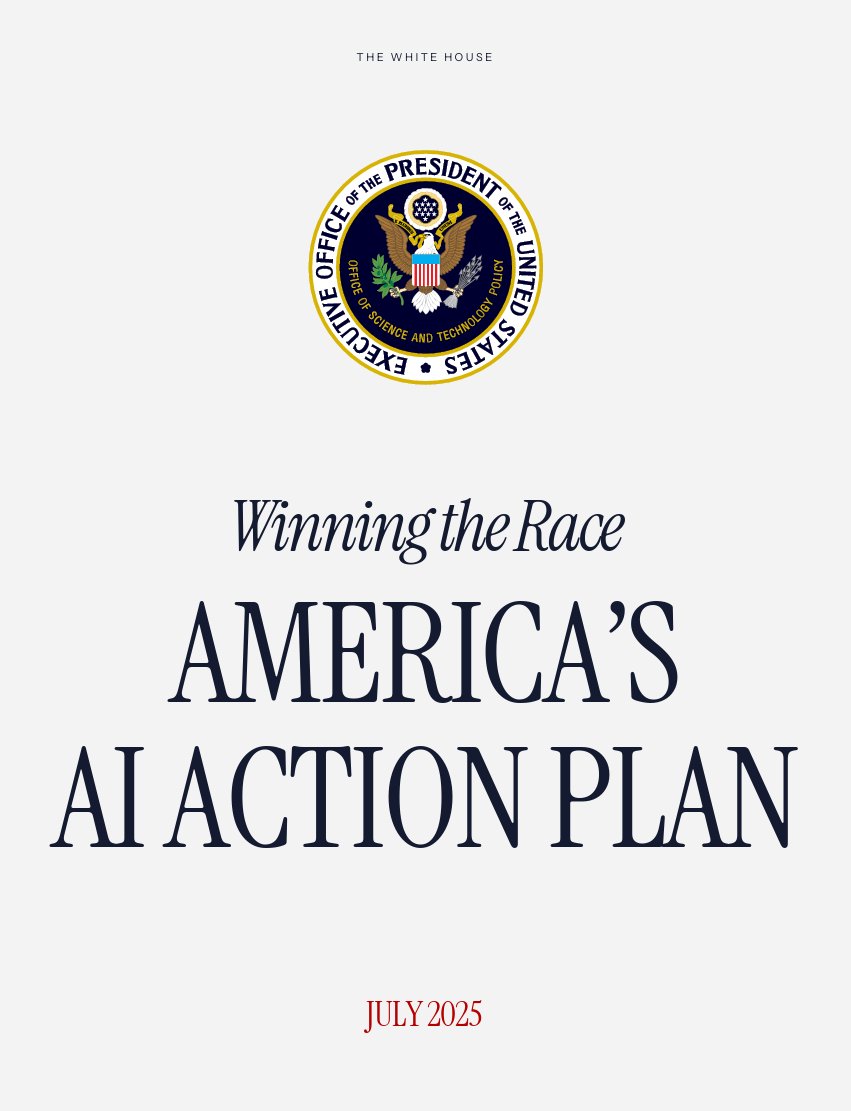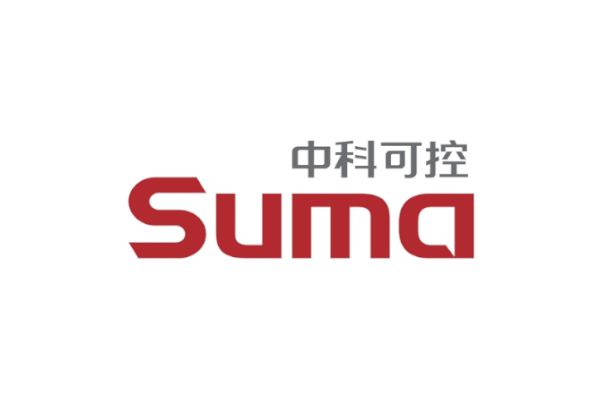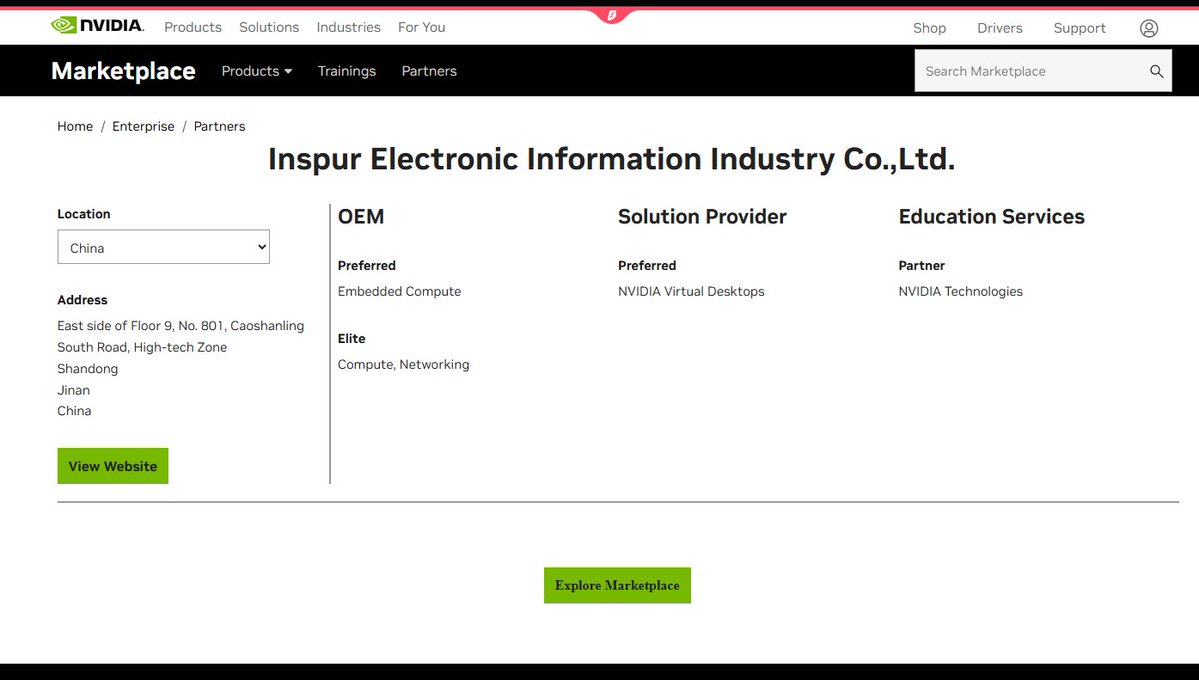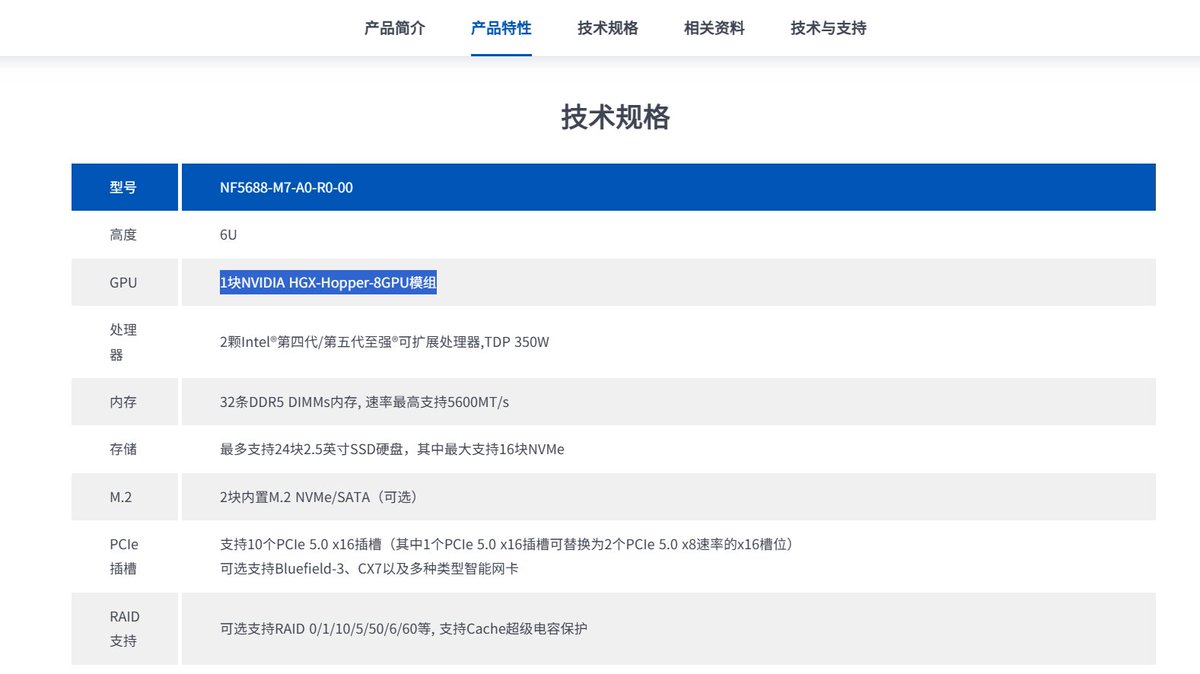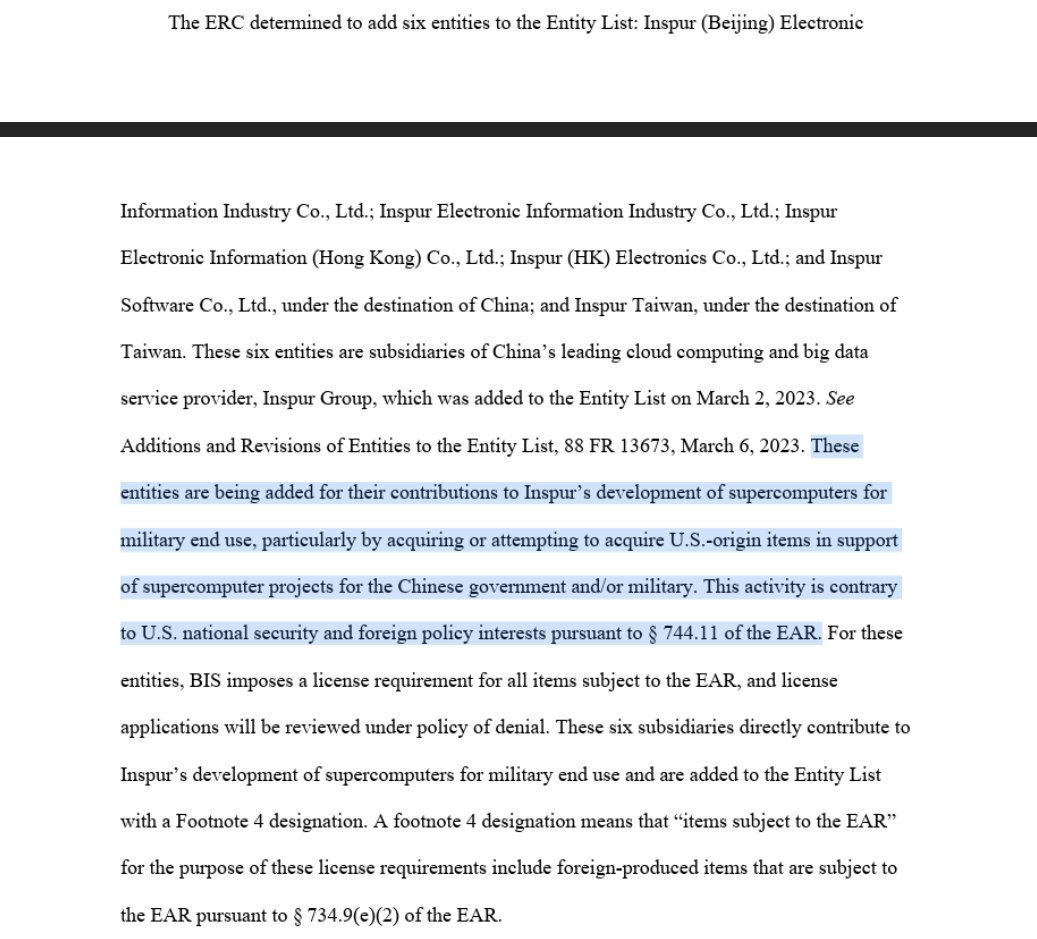In my first article for @ChinaBriefJT, I mapped the budget of China's united front, the collection of organizations the CCP leverages to silence political opponents, persecute religious minorities, and acquire foreign tech.
Here is what I found (1/9): jamestown.org/program/puttin…
Here is what I found (1/9): jamestown.org/program/puttin…

(2/9) For years, Chinese diplomats have insisted that the united front is nothing more than a benign administrative bureaucracy and accused Western analysts of overhyping its role.
But the CCP's own public budget documents belie its claims about the UF's importance and function.
But the CCP's own public budget documents belie its claims about the UF's importance and function.
(3/9) For @ChinaBriefJT, I analyzed 160 budget reports from organizations involved in China's central and provincial united front systems.
The central 🇨🇳 government's UF spending exceeds $1.4 billion USD each year—and probably even surpasses the budget of @MFA_China.
The central 🇨🇳 government's UF spending exceeds $1.4 billion USD each year—and probably even surpasses the budget of @MFA_China.

(4/9) Next to CPPCCs, Ethnic and Religious Affairs Commissions (ERACs) in each province receive the most funding of any UF organization. They are official gov offices dual hatted with CCP staff, tasked with persecuting religious minorities, especially in the Western provinces. 

(5/9) Let's not pretend like this isn't the point of the united front. This public, **1,800-page** CPPCC Work Manual lays out the UF's goals quite clearly. Plenty of other internal docs cited in my @ChinaBriefJT paper highlight the UF's goals and MO.
web.archive.org/web/2020062216…
web.archive.org/web/2020062216…
(6/9) UF budget documents state explicitly that Hong Kongers, Taiwanese, and and overseas Chinese are the UF's primary targets outside China, and are subject to its monitoring and influence.
Before it was absorbed, the central OCAO had a budget of $376 million USD just for this.
Before it was absorbed, the central OCAO had a budget of $376 million USD just for this.

(7/9) In light of the facts, I'd ask this question:
If there's really nothing nefarious going on with the united front, why do some provinces feel compelled to classify information about their UFs as secret? And why does an "admin org" occupy so much of the 🇨🇳 gov's resources?
If there's really nothing nefarious going on with the united front, why do some provinces feel compelled to classify information about their UFs as secret? And why does an "admin org" occupy so much of the 🇨🇳 gov's resources?

(8/9) For full transparency, I am releasing the 160 united front budget documents I analyzed in the course of this report, for the central CCP and all 31 provinces of China.
I encourage other analysts to comb through them with keener eyes than mine.
dropbox.com/sh/irn65e8ed3d…
I encourage other analysts to comb through them with keener eyes than mine.
dropbox.com/sh/irn65e8ed3d…
(9/9) As always, my DMs are open for anyone looking to learn more about this project.
Special thanks to many people at @CSETGeorgetown who reviewed the draft, and @alexjoske for his foundational research and input on methodology.
Special thanks to many people at @CSETGeorgetown who reviewed the draft, and @alexjoske for his foundational research and input on methodology.
• • •
Missing some Tweet in this thread? You can try to
force a refresh


